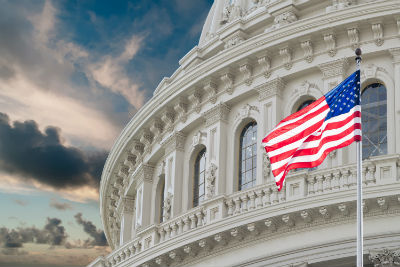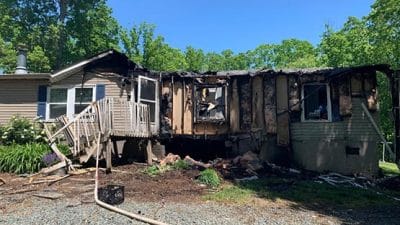
Farmers could once again be embroiled in a mix of regulatory challenges and confusion that will adversely impact their operations.
The Biden administration recently announced that the Navigable Waters Protection Rule, which clearly identified which bodies of water are subject to the Clean Water Act, could potentially be reversed. A proposal was introduced in December 2021 by the Environmental Protection Agency and the Army Corps of Engineers that would replace it with a 2015-type Waters of the U.S. rule—expanding the scope of waters subject to the act’s jurisdiction.
As a result, American Farm Bureau Federation and other farming organizations are asking farmers to write to the EPA and explain how this reversal would be burdensome.
“The proposed rule gives the federal government the ability to regulate ditches, ephemeral drainages, or low spots on farmland, which could make activities as simple as moving dirt, working the soil or building fences subject to regulations and permits,” explained Ben Rowe, national affairs coordinator for Virginia Farm Bureau Federation.
“As we saw with WOTUS, these regulations can be extremely difficult to understand and comply with and could require permits, which can take several months to several years to obtain, and cost money.”
Rowe noted that the administration’s proposed rule could potentially lead to regulating large areas of private land, miles from the nearest navigable water. In addition, the rule would bring back confusing case-by-case determinations, and misjudgments or mistakes in determining which areas are subject to regulations that could lead to large civil fines and criminal penalties for farmers.
“Under this proposed rule, it will be more difficult to farm, or make necessary changes to farmland—even if those changes would benefit the environment,” he said.
Farmers rejoiced in 2020 when the NWPR was passed, as it clarified which bodies of water were subject to regulation and enforcement under the Clean Water Act and ended years of debate and litigation.
“We continue to urge EPA to seek input from farmers and make their rulemaking process as transparent as possible. We call on EPA to recognize the burden overreaching regulations place on farmers, and to respect the statute by not writing the term “navigable” out of Clean Water Act regulations,” Rowe emphasized.










